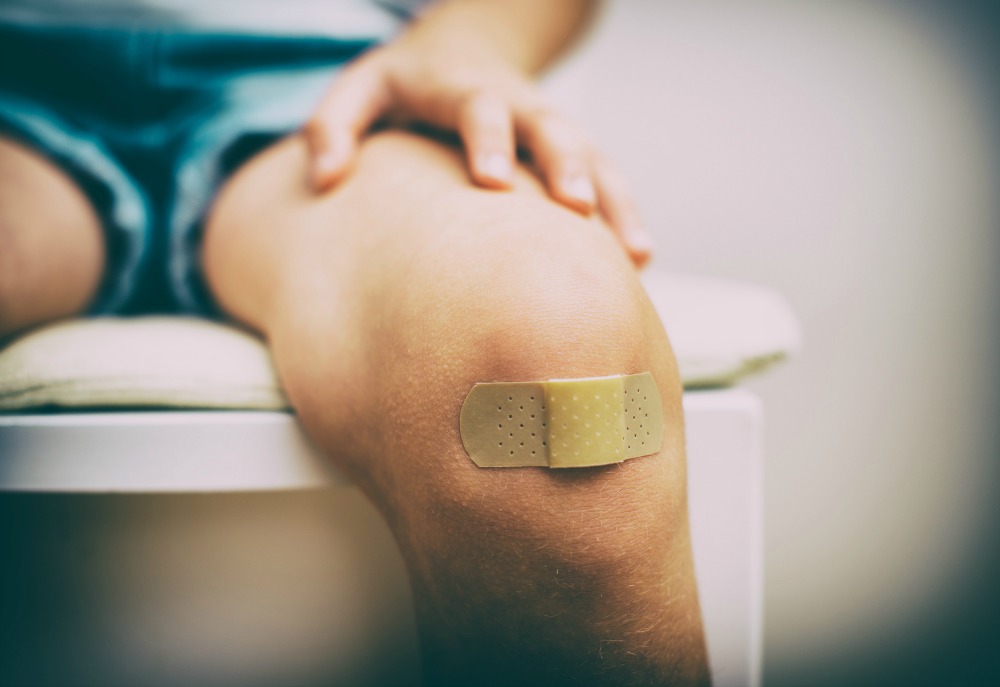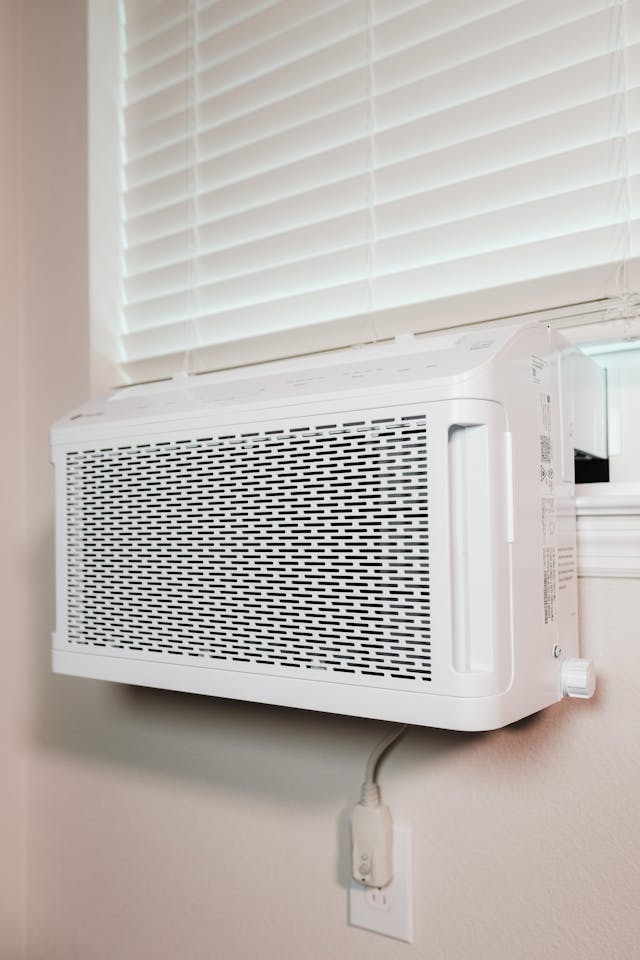With children, it’s always a good idea to have a first aid kit on hand at all times. The same goes for camping, hiking, fishing, and other outdoor activities where injuries can be common.
But what do you do when you’re concerned about the ingredients used in conventional first aid kits and first aid products?
The answer is simple: Make your own natural first aid kit! It’s really not as difficult as it may seem. Most of the items that make up a good natural first aid kit can be bought at your local drug store.
And a basic first aid kit requires much less than you might think. With a natural first aid kit, just a few basic natural ingredients can cover a multitude of injuries and ailments.
Here are some of our favorite natural first aid remedies that we’ve included in our natural first aid kit.
Cuts/Bleeding
Hydrogen Peroxide – Soap and water is the best way to clean a minor wound. However, if you are dealing with an especially nasty wound, an animal bite, etc., hydrogen peroxide is goof for wound care.
Tea Tree Oil – Tea trea oil is a natural antimicrobial which also helps to fight infections. Just rub a small amount over any wound that you would otherwise treat with an antibacterial cream. It can also be diluted and used as a mouthwash.
Clove Oil – Clove oil is a natural numbing agent. It is most commonly used for toothaches, but can also be used on the skin to alleviate painful cuts and bruises.
Burns
Aloe Vera – The aloe vera plant comes from Africa. It’s thick leaves fill with a clear gel that is an excellent remedy for burns, as well as cuts and other skin ailments such as rashes. My grandmother used to keep an aloe vera plant in her windowsill just for using the fresh aloe vera juice on sunburns.
If you can’t keep an aloe vera plant in your home, you can buy the aloe vera liquid in a bottle to keep in your natural first aid kit.
Honey – It’s known for it’s ability to soothe burns, especially in the West. However, if you plan to use honey for medicinal purposes, make sure you are buying the purest honey you can find. Look for medicinal honeys like manuka honey for the best results on burns.
Calendula Tincture – Tincture made from the calendula plant (pot marigold) can also be used to soothe and treat burns. You can buy it at your local health food store, online, or make your own.
Headaches/Pain/Stress
Lavender Oil – Lavender is a very calming herb. It can also be used to alleviate allergy symptoms as well as headaches (including sinus headaches). I find the easiest way to include lavender in a natural first aid kit is in oil form, but lavender tea may also be used.
Arnica – I prefer to keep a box of homeopathic arnica tablets on hand. Arnica reduces pain and inflammation and can be used for anything from an injury to a headache.
The tablets can be dissolved in the mouth or crushed and diluted with a little water to apply directly to the affected area. Alternatively, there are several arnica creams that can b kept in your natural first aid kit.
Rescue Remedy – If someone is in distress, Bach’s Rescue Remedy offers quick herbal relief for panic, irritation, shock, and irrational thoughts.
Stomach Upset
Apple Cider Vinegar – Drink a little diluted apple cider vinegar for quick relief from painful indigestion and heartburn. It can also be used as a skin astringent and diluted in the bath to fight yeast infections.
Peppermint – Use peppermint in a variety of forms to ease an upset stomach. Sucking on peppermints, chewing a peppermint leaf, or drinking peppermint tea all work well.
Papaya Enzyme – These can be purchased in chewable form at almost any local drug store. They break down compounds in the stomach, reducing heartburn and indigestion.
Epsom Salt – For relief from constipation, dissolve epsom salt in water according to package directions and take by mouth. Epsom salt baths can also relieve constipation and are also useful for bruising and inflammation caused by sprains and injuries.
Senna Tea – This herbal tea is a fast-acting natural laxative. Just one cup of senna tea can relieve constipation quickly.
Bites/Stings
Witch Hazel – Put witch hazel on a cotton ball and rub on bites, stings, and other itchy spots for soothing relief.
Bentonite Clay – Bug bites, especially spider bites, can leave behind a small boil or infection. Mix a bit of bentonite clay with water to make a poultice and leave on the area to dry. The poultice will draw out infections. It can also help heal skin rashes and sooth large insect bites.
Don’t have any bentonite clay on hand? Try making a bread poultice instead.
Citrus Insect Repellent – Natural insect repellent made of citrus oils and ingredients not only keeps biting and stinging bugs away, it also soothes already acquired bites and itching. Try making your own.
Other Items to Include:
- Cotton Balls/Swabs – Use to apply oils and ointments.
- Bandages – Instead of traditional bandages, try old clean tshirts cut into strips to use as cloth bandages.
- Water Bottle – Water is the best way to clean cuts. Keep a water bottle on hand for when another water source is not handy.
- Scissors
- Thermometer
- Tweezers – Useful for removing splinters or other debris from cuts.



I was recently at the doctor for a small cut that needed stitches, when the ER doctor cleaned the cut out he used purified water. He mentioned that using Hydrogen Peroxide does kill bad bacteria that can cause infection, but will also kill the good cells that aid healing. Do you know anything about Hydrogen Peroxide killing the good cells?
Jami, yes I did encounter this in researching this article. It is not good for minor cuts, but it would be nice to have on hand for really bad cuts, animal bites, etc., that could be especially dirty, until the person could get to get somewhere to get stitches, have it cleaned properly, etc. I do think a bottle of water on hand to rinse cuts is a great idea.
I also carry a little bit of soap, since washing with soap & water will remove the irritating oils on your skin after contact with stinging nettles.
Its also worth noting that human tears are antiseptic. Whenever I fall off my bike, I’m usually crying so I put my tears on the roadrash. Seems to help prevent infection? Certainly, it doesn’t do any harm.